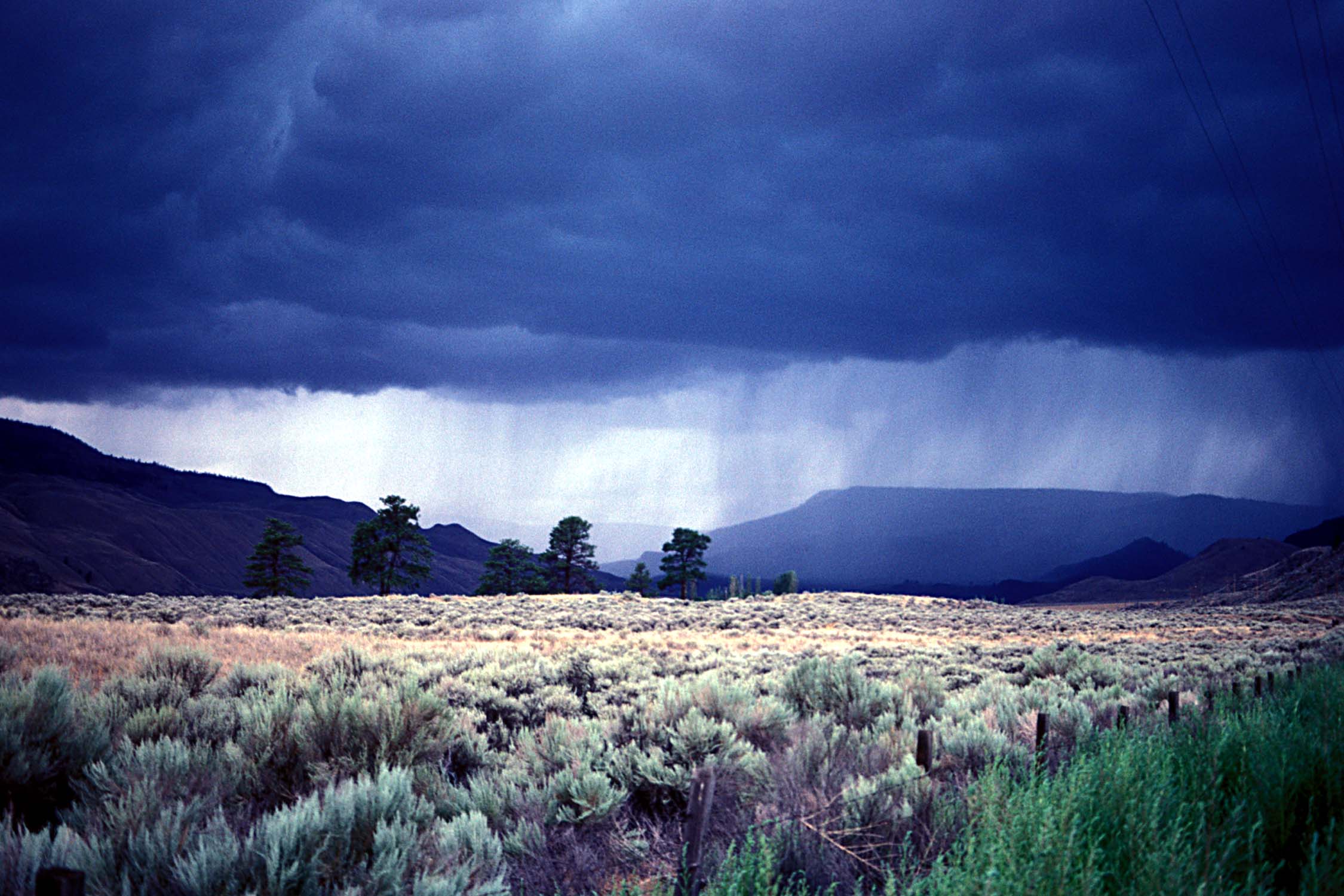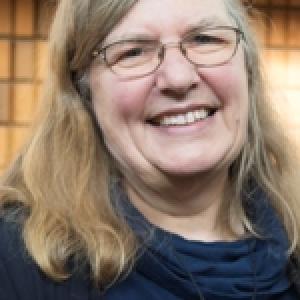Indigenous Knowledge in a Changing Climate
Indigenous Peoples of North America have always had to accommodate and respond to environmental change. Oral histories, recollections of contemporary elders, and terms in their numerous languages have allowed understandings of responses to change, most recently since the colonial era. Traditional knowledge systems incorporate adaptive capacity. Now, however, many people have noted signs of greater environmental change and challenges to their resilience than in the past: species declines and new appearances; anomalies in weather patterns; and declining health of forests and grasslands. These observations and perspectives are important to include in discussions and considerations of global climate change. The wisdom and experiences of First Peoples are needed today more than ever to help all of us to adapt to and alleviate the impacts of climate change.
For Winter Quarter 2020 Huxley College is collaborating with the Salish Sea Institute for the Huxley Speaker Series, with a focus on the Salish Sea.
This talk is co-sponsored by the WWU Center for Canadian-American Studies and Fairhaven College.

About the Speaker

|
Nancy Turner is an ethnobotanist, Distinguished Professor Emeritus and former Hakai Professor in Ethnoecology with the School of Environmental Studies, University of Victoria. She has worked with First Nations elders and cultural specialists in northwestern North America for over 50 years, helping to document, retain and promote their traditional knowledge of plants and environments, including Indigenous foods, materials and traditional medicines. Her two-volume book, Ancient Pathways, Ancestral Knowledge: Ethnobotany and Ecological Wisdom of Indigenous Peoples of Northwestern North America (July, 2014; McGill-Queen’s University Press), represents an integration of her long term research. She has authored or co-authored/co-edited over 20 other books, including: Plants of Haida Gwaii; The Earth’s Blanket; “Keeping it Living”: Traditions of Plant Use and Cultivation on the Northwest Coast of North America (with Doug Deur); Saanich Ethnobotany: Culturally Important Plants of the WSÁNEC’ People (with Richard Hebda), and Food Plants of Coastal First Peoples, and over 135 book chapters and papers. She has received a number of awards for her work, including membership in Order of British Columbia (1999) and the Order of Canada (2009), honorary degrees from four British Columbia universities; and the Federation for the Humanities and Social Sciences’ Canada Prize in the Social Sciences and other awards for Ancient Pathways. |
Environmental Speaker Series
The Environmental Speaker Series is hosted by the College of the Environment at Western Washington University.
The Series is free and open to the public. Talks are held each Thursday at 4:30 pm in Academic Instructional Center West room 204 - AW-204. Talks will also be streamed via zoom. Register with the Alumni Association for the zoom link. Paid parking is available in lot C.
Learn more about the Environmental Speaker Series
Subscribe to the Email List